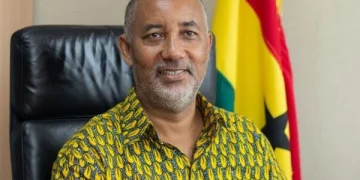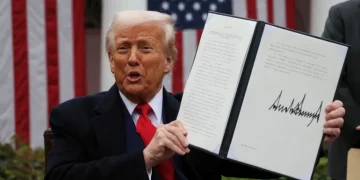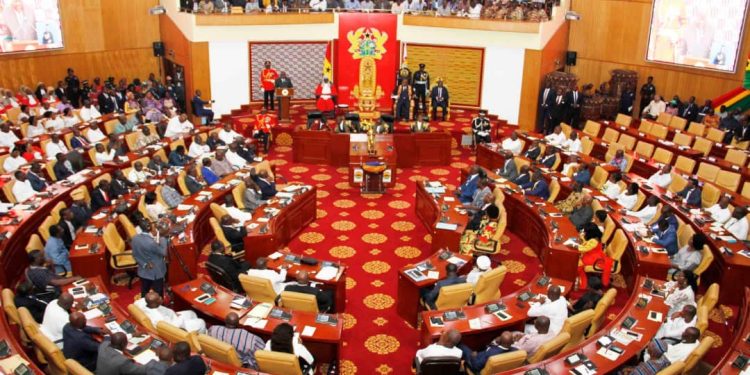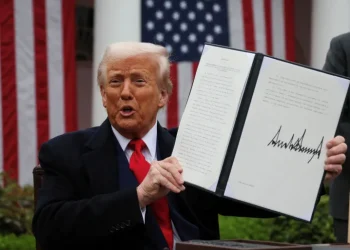Ghana’s Parliament has formally adopted a debt restructuring agreement between the government and 25 bilateral creditors, marking the official conclusion of the country’s sovereign debt restructuring program initiated under the previous Akufo-Addo administration.
The motion for adoption was presented by Deputy Majority Chief Whip and member of the Finance Committee, Richard Acheampong, who urged lawmakers to support the agreement to enable the government to finalize the debt restructuring process. He emphasized the importance of the deal in restoring fiscal stability and rebuilding investor confidence.
The debate on the floor, however, revealed deep divisions between the Majority and Minority over the handling of the economy and the legacy of past administrations.
Minister for Education and Tamale South MP, Haruna Iddrisu, defended the current government’s economic strategy, attributing recent improvements in macroeconomic indicators to the leadership of Finance Minister Dr. Cassiel Ato Forson.
He argued that the current administration inherited a troubled economy and has been forced to implement difficult reforms to restore stability.
In contrast, Ofoase-Ayirebi MP and former Information Minister Kojo Oppong Nkrumah questioned the majority’s narrative, crediting the controversial Domestic Debt Exchange Programme (DDEP) implemented under the previous government — as a key factor in Ghana’s economic turnaround.
He cautioned against politicizing economic recovery and urged recognition of earlier policy interventions.
Minister of State in charge of Government Communications, Felix Kwakye Ofosu, rebutted Oppong Nkrumah’s claims, labeling the DDEP as a “wicked policy” that was a direct consequence of economic mismanagement under the Akufo-Addo administration.
He maintained that the debt restructuring, though painful, was necessary to correct the fiscal imbalances left behind.
The adoption of the agreement is expected to enhance Ghana’s credibility with international creditors and improve prospects for continued economic recovery under the supervision of the International Monetary Fund (IMF) program.
Despite the political disagreements, the passage of the debt restructuring agreement represents a major milestone in Ghana’s efforts to stabilize its public finances and lay the groundwork for long-term growth.
Source :www.kumasimail.com


































































